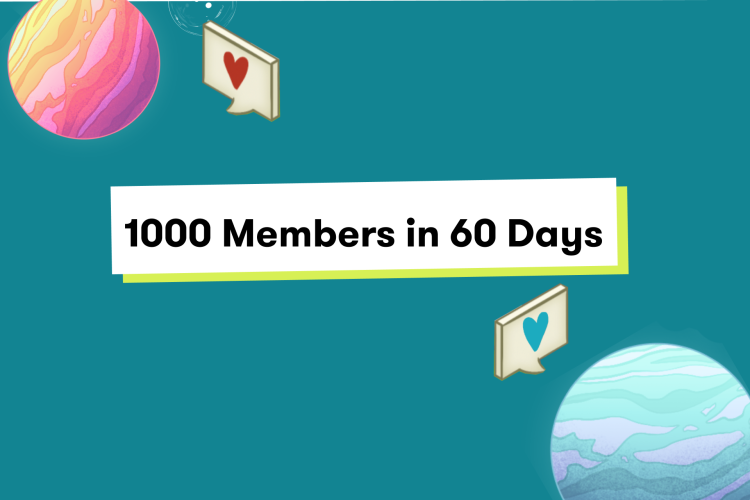Communities & Memberships
UGC - What It Is & How To Use It?
Discover what user-generated content is and why it’s so valuable for brands and businesses.
Author
Mighty Team
Last Updated
March 17, 2025

How did Meta create a platform that earns $44/user? How does LinkedIn make $8 billion by charging everyone from premium members to recruiters to employers?
Look at the billion-dollar social media companies and you’ll see that their valuations are directly tied to their users. User-generated content is the secret behind these giants. But it’s also the thing powering online forums, brand communities, Discord servers, Medium, and even the comments section of a blog–if there is still such a thing. And, as a community platform, we’ve got a front-row seat to how UGC makes for thriving communities–many of which become 6-, 7-, and even 8-figure businesses in their own right.
In this article, we’ll talk about:
What user-generated content is.
Why it’s so valuable (+ pros and cons).
Examples of UGC.
How to unlock UGC for your brand or business.
What is user-generated content (UGC)?
User-generated content is any content that’s created by users of an online platform rather than its owners, whether that content is text, videos, photos, or something else. Most social media platforms rely on user-generated content, but so do many other online spaces like websites, online forums, and online communities. Many of these places run on a business model in which the platform provides a software and the users provide the content.
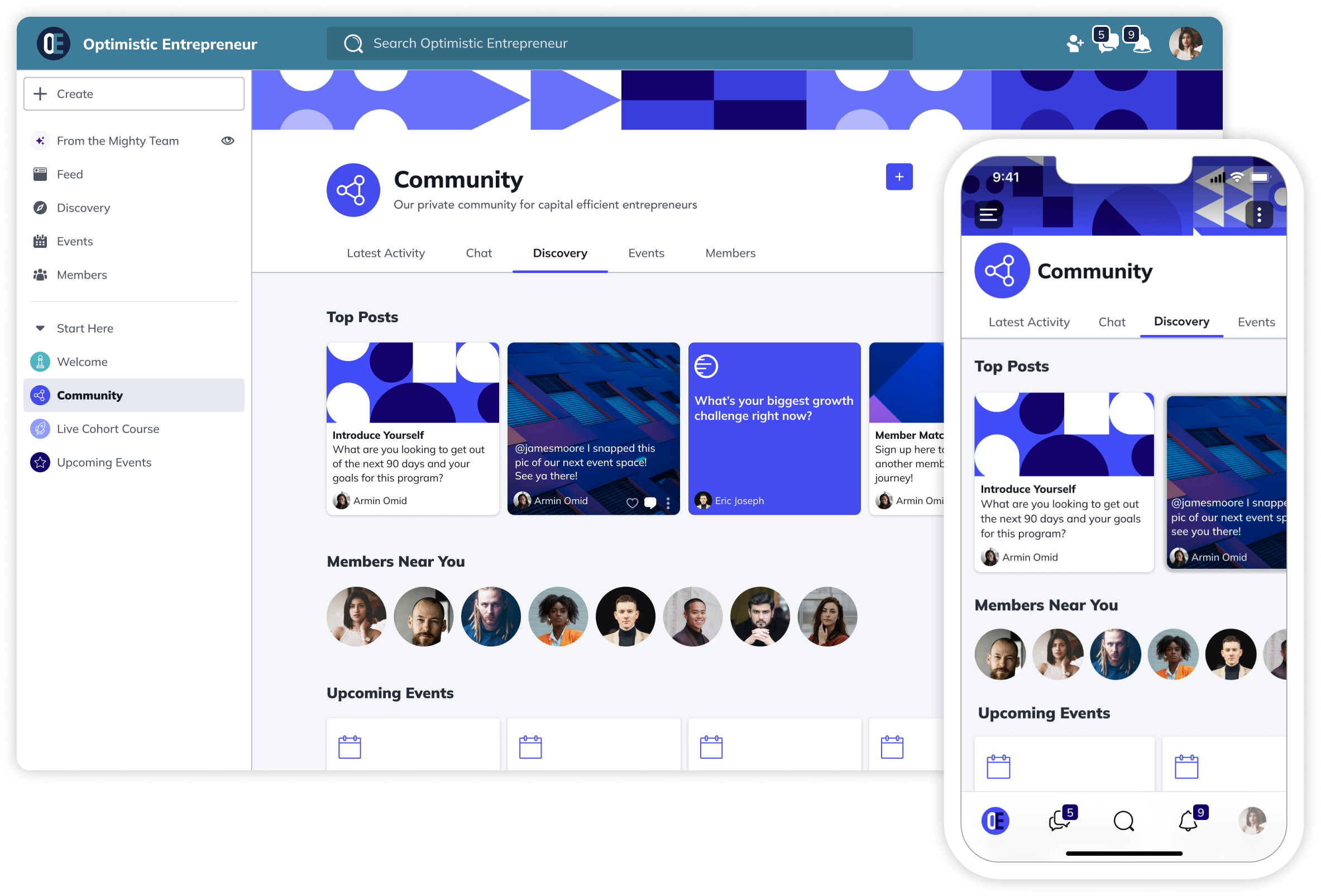
Even if you’re not a social media giant, you can use UGC to your benefit. For example, most of our Mighty Networks thrive especially because of user-generated content, as people come together to build a community, master something that interests them, and have some great conversations.
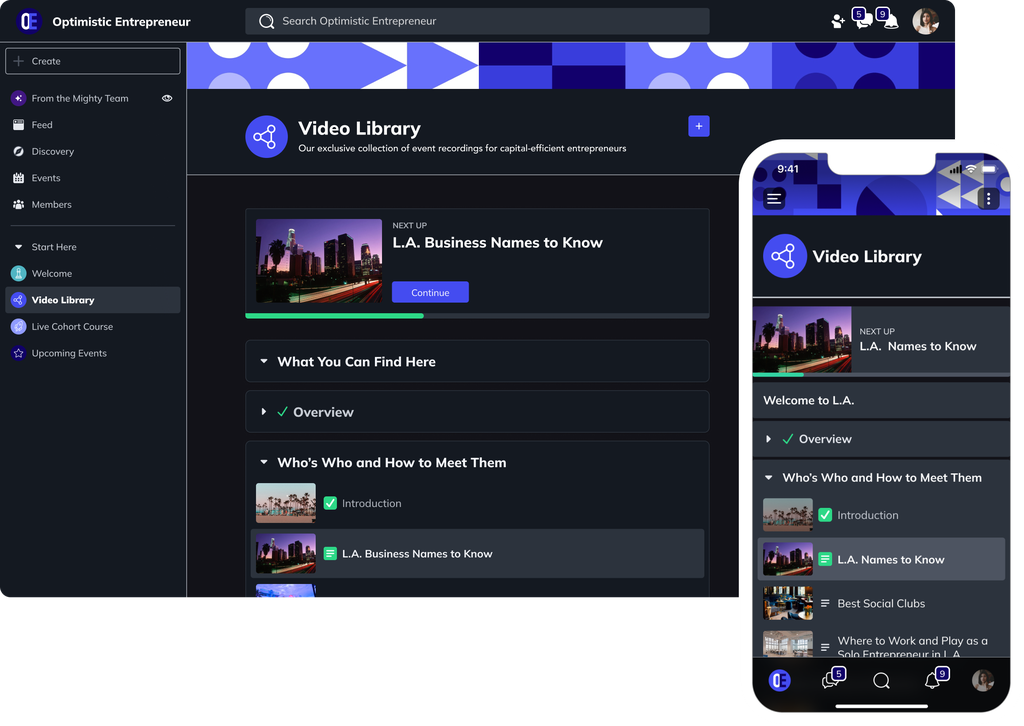
How UGC builds businesses
The platform Threads is an interesting case. It hit 100 million users in 4 days! But in the following 210 days, it only added 60 million. It seems the growth has mostly plateaued–although Meta doesn’t make it public anymore.
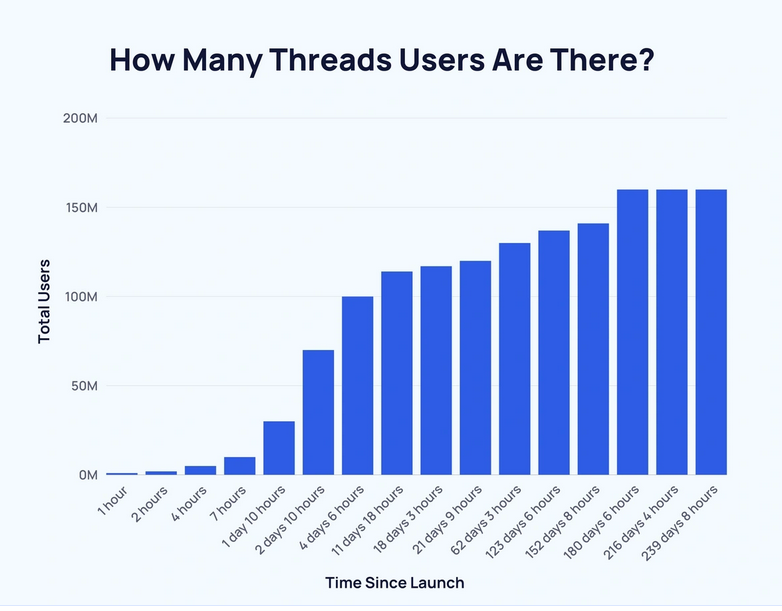
Source: Statista
160 million users on Threads is nothing to sneeze at. But its rival X (Twitter) has over 600 million monthly users.
The success or failure of these platforms, the billion-dollar valuations, hang on two things: 1. Do people show up? 2. Do they create content? Nothing else really matters.
We see that in membership communities too. We found that we can model with 93% accuracy whether an online community will thrive or fail. Two things matter: 1. Do people sign up? 2. Do they make a friend? The data was so powerful that we’ve been diving into building the software that does more than just host UGC, but also focuses on helping members connect to each other.
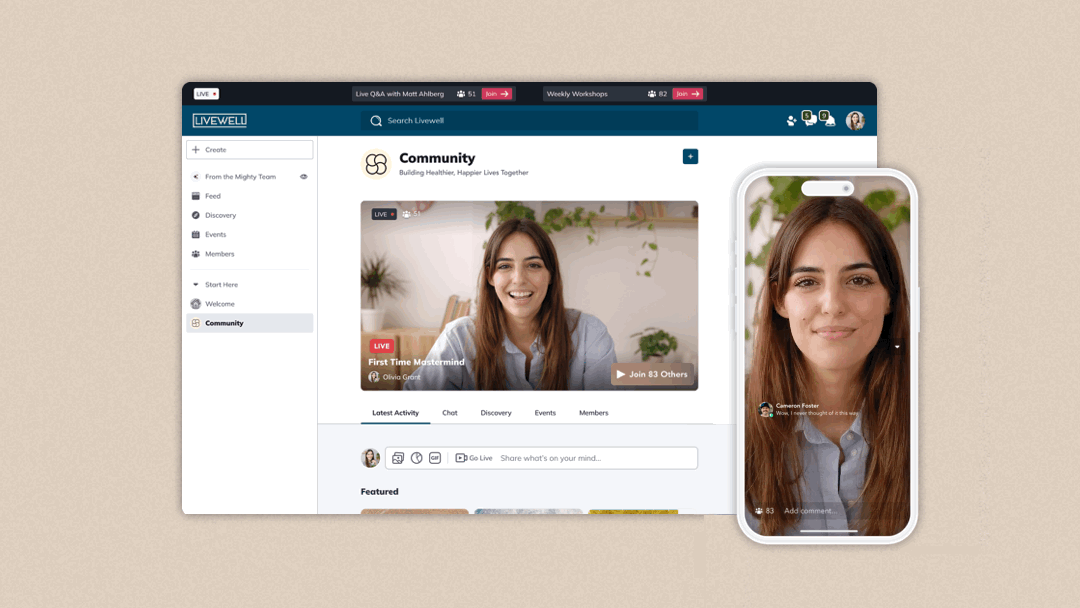
The foundation for all this is the social in a social network. Social network theory sees that social networks are actually what underlie human communities. What makes Facebook one of the most powerful platforms with over 3 billion users? Maybe it’s because Facebook is actually built on in-person, social networks. You might get mad at a stranger on Twitter and delete the platform. But if Facebook is where you message your mom and grandma and sell stuff out of your garage, you’ll probably at least keep it around.
For UGC to actually build a business, it can’t just be about throwing content into the void. Creating endless AI social media posts ain’t going to build your business.
And that’s why, for communities and social networks and blog comments and reddit–the real value of the platforms is in the engagement.
UGC is engagement. People who write content. People who read content. If you don’t have UGC, you don’t have engagement.
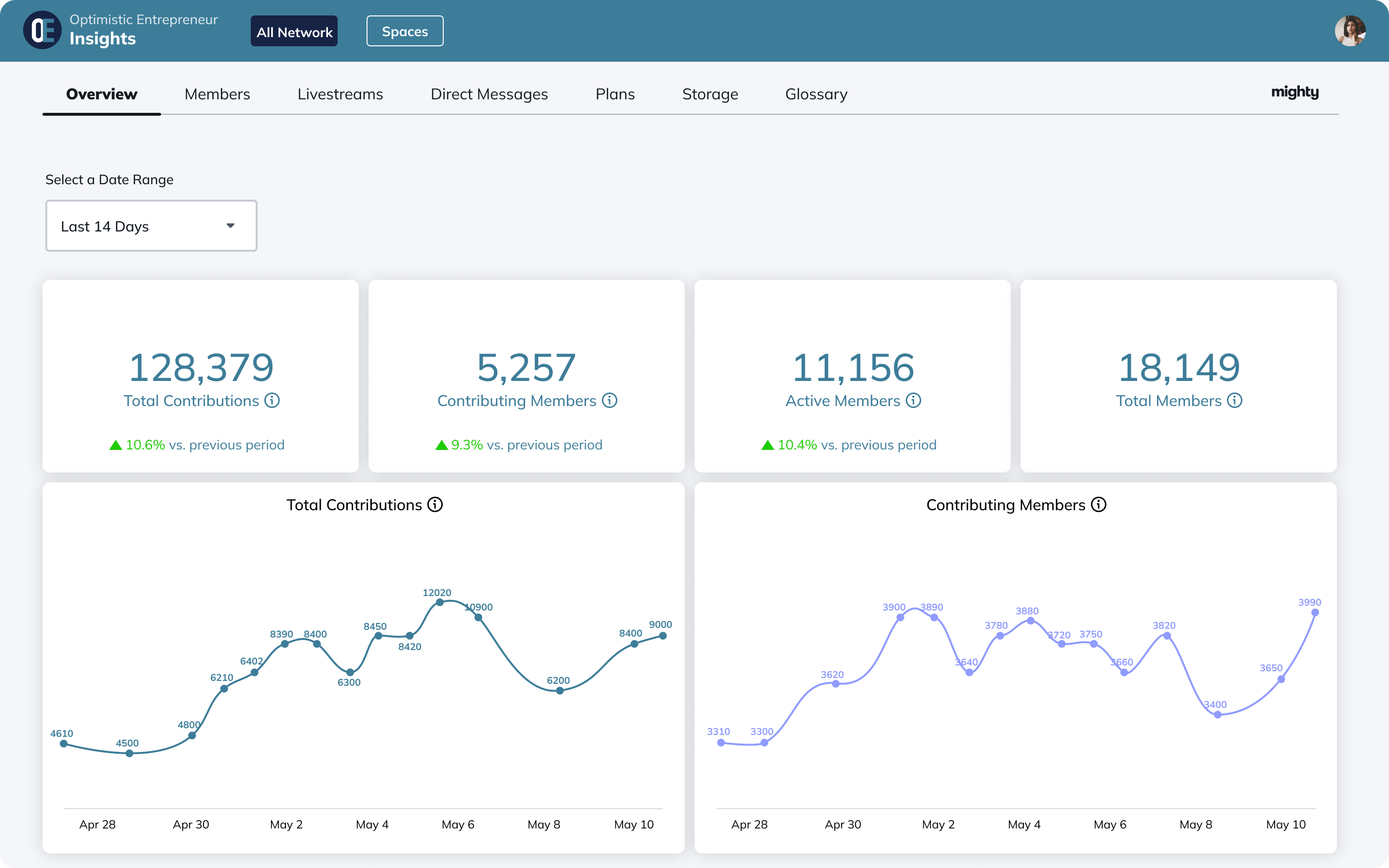
User-generated content advantages and disadvantages
User-generated content has lots of advantages for those who own or host platforms.
Scale: Getting users active can scale content creation much faster and further than could be done by an individual site or company. The social media giants make little to no content themselves. For example, YouTube estimates that around 500 hours of content are uploaded EACH MINUTE! No company could achieve that, even with AI.
User-directed conversations: There are all sorts of weird and wonderful things people choose to talk about online. UGC lets people create the content and conversations they care about.
Diversity of viewpoints: UGC gives people voices–especially people who might not typically have a voice in media. Anyone can contribute. Anyone can give their perspective.
The network effect: This phenomenon is the name for how communities and platforms become more valuable with each new member they get.
Improving customer experiences: For a company or brand, user-generated content can be used to improve the customer experience and even customer service; for example, Apple’s customer community includes users who respond to Q&As on their own time.
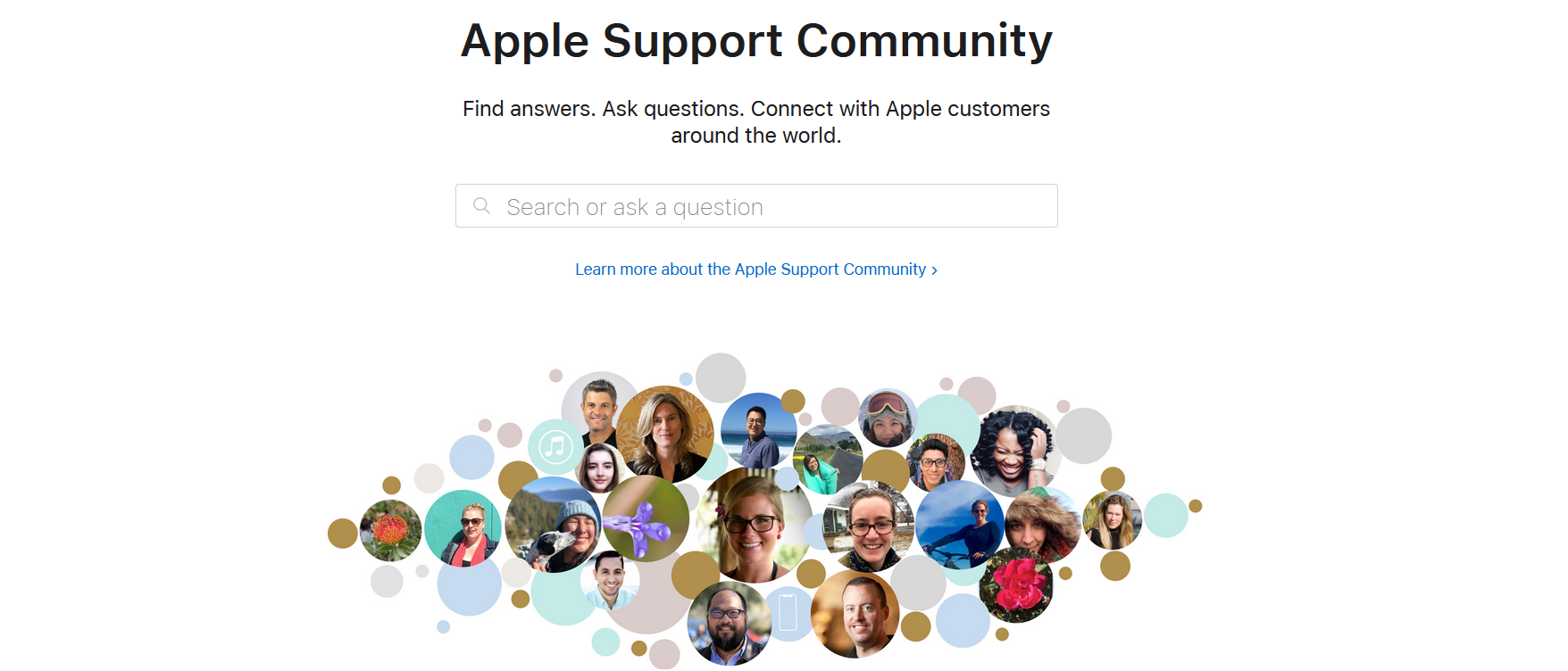
But there can be disadvantages to user-generated content too:
False & mis-information: With no gatekeepers, UGC means anyone can create anything. And with 55% of Americans saying misinformation is a problem that needs to be dealt with, UGC can be a part of that problem.
Intimidation and bullying: UGC by content creators and people responding (e.g. in the comments) can mean intimidation and bullying, or content that targets a specific group or person.
Moderation: For community Hosts and social media companies alike, moderation has become a vital part of hosting UGC.
However, don’t let this discourage you from allowing user-generated content. Many of these negative impacts can be mitigated with good community moderation and guidelines. Giving users a way to help with moderation goes a long way too (e.g. a “report this comment” button).
When your users invest time and energy into a space, most of them will want it to be positive. They’re often happy to help with moderation.
Pros of user-generated content
Scale content creation fast
Bring in diverse voices and points of view
Increase organic reach and conversation
UGC can bring new users onto your platform (e.g. if it gets shared), growing your community
Cons of user-generated content
Greater risk of false or misinformation
Intimidation and bullying
Need for moderation
User-generated content examples
A Mighty Network
A Mighty Network is a community platform that gives Hosts power to bring together communities and change lives. Members can take part in discussions, live events, courses, livestreams, and more. Thriving communities always have great member engagement. (See some examples of Mighty Networks here).
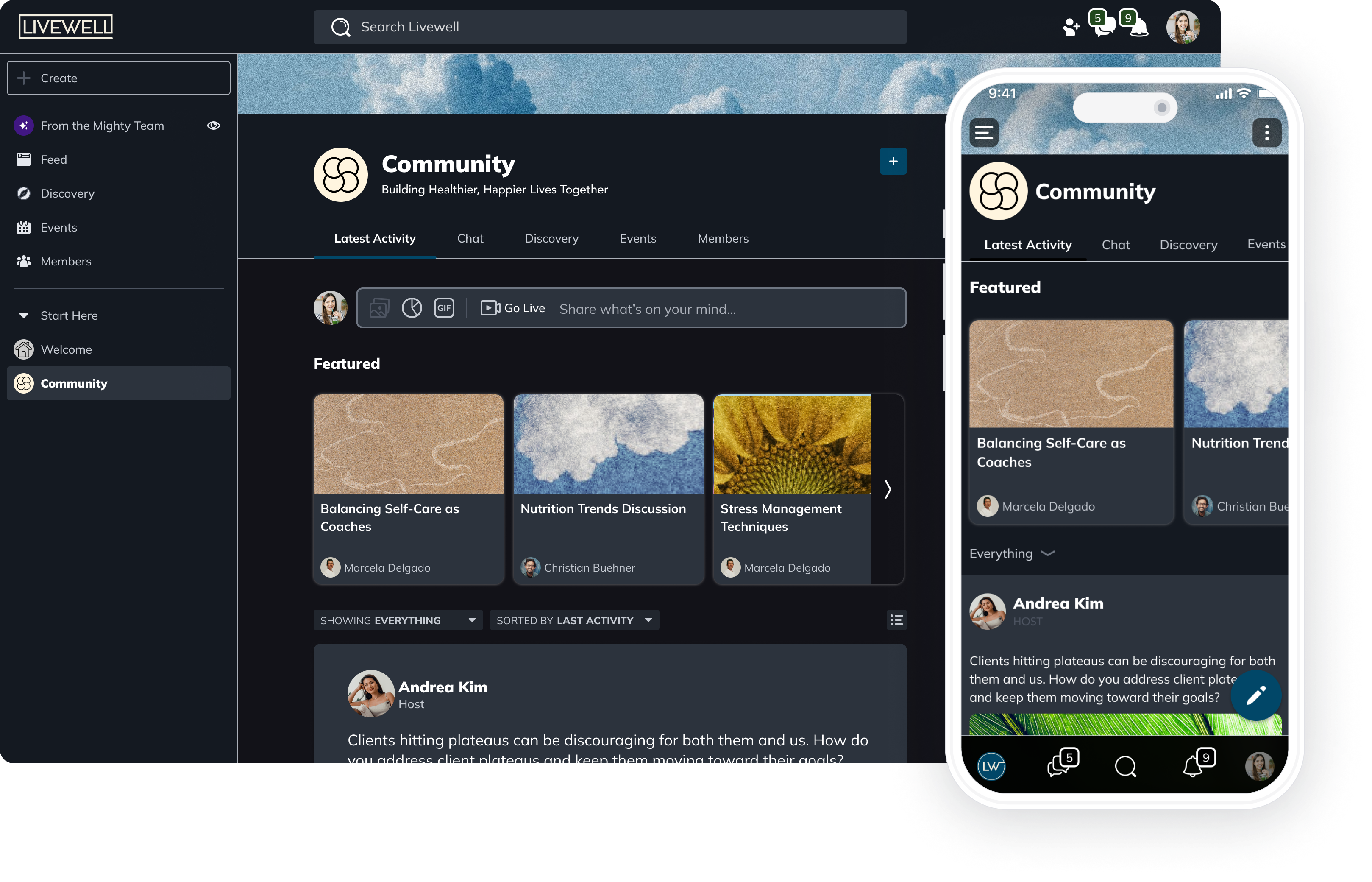
Founded in 2010, the photo-sharing app started with the view to let anybody share photos with filters. It grew quickly, and today has expanded to include more features like Reels and has over 2 billion users.
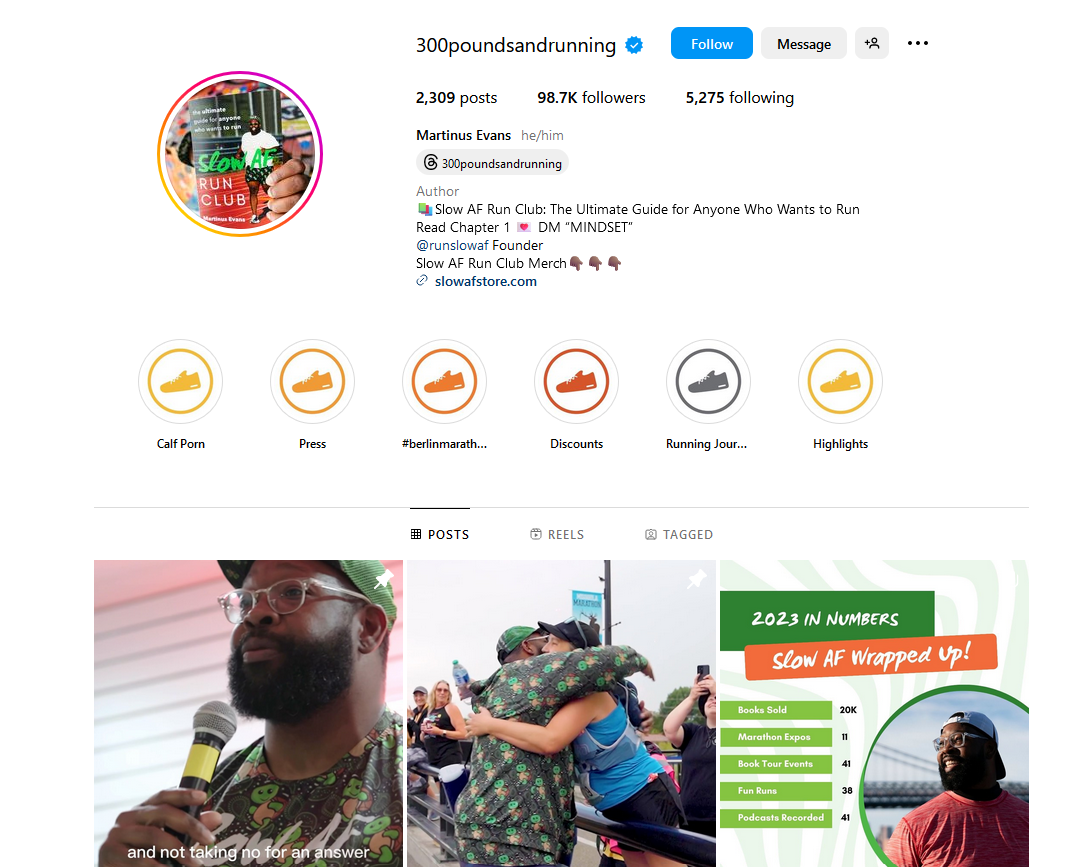
YouTube
We said above there are 30,000 hours of new content on YouTube every hour. It would take you over 1900 years just to watch today’s uploads. YouTube is a monster when it comes to UGC–and with 30 percent of kids calling YouTuber their “dream job,” it’s made an impact on our cultural imagination. Whether they can monetize and make money with views or not, YouTube is a juggernaut for UGC.

Blog Comments
It’s not as common these days, but starting a blog and getting blog comments were once the OG of user-generated content. You can still see this phenomenon on some blogs, and especially on blogging sites like Medium. Some online news outlets still do this too.
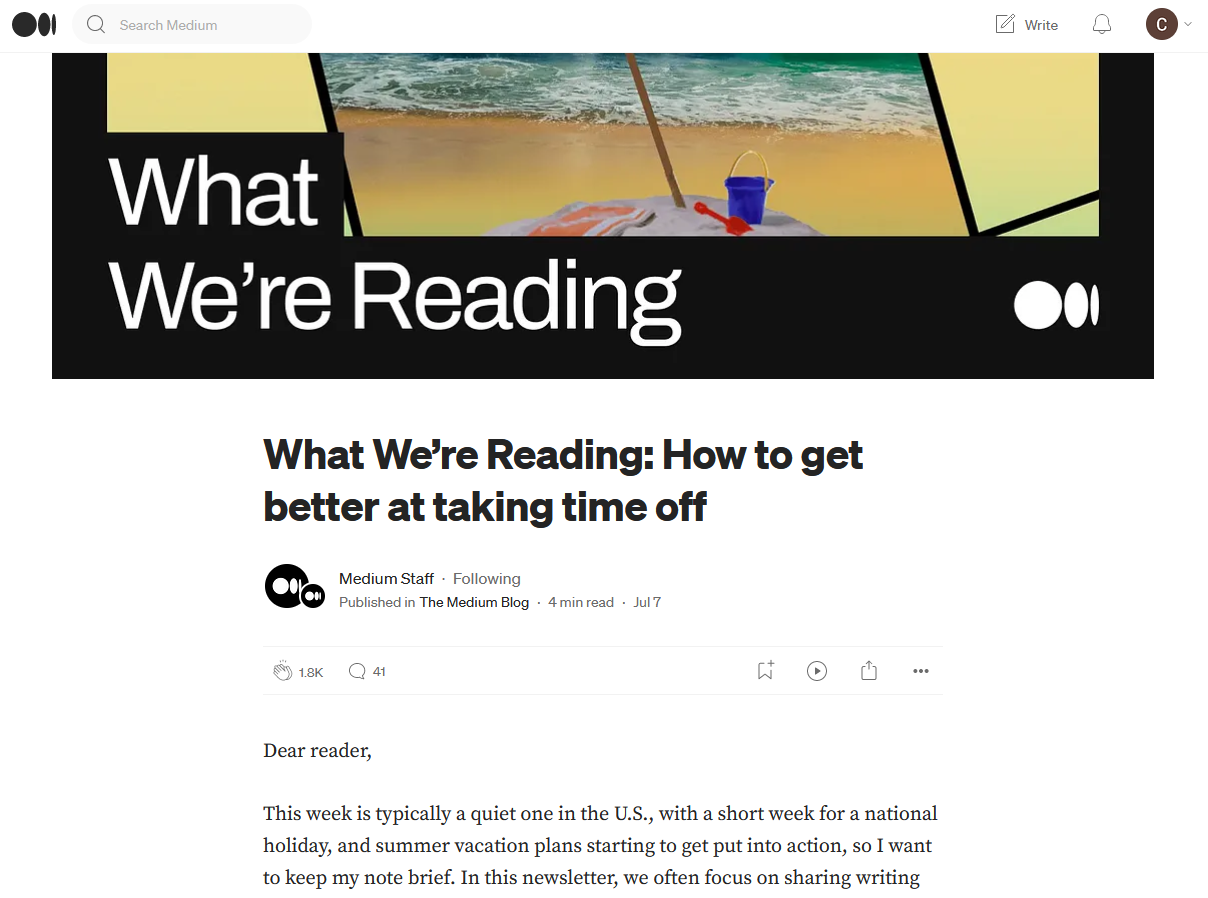
Local Reviews
We’ve been talking about social media, but reviews for restaurants, attractions, etc. on Google or Yelp are a huge example of UGC.
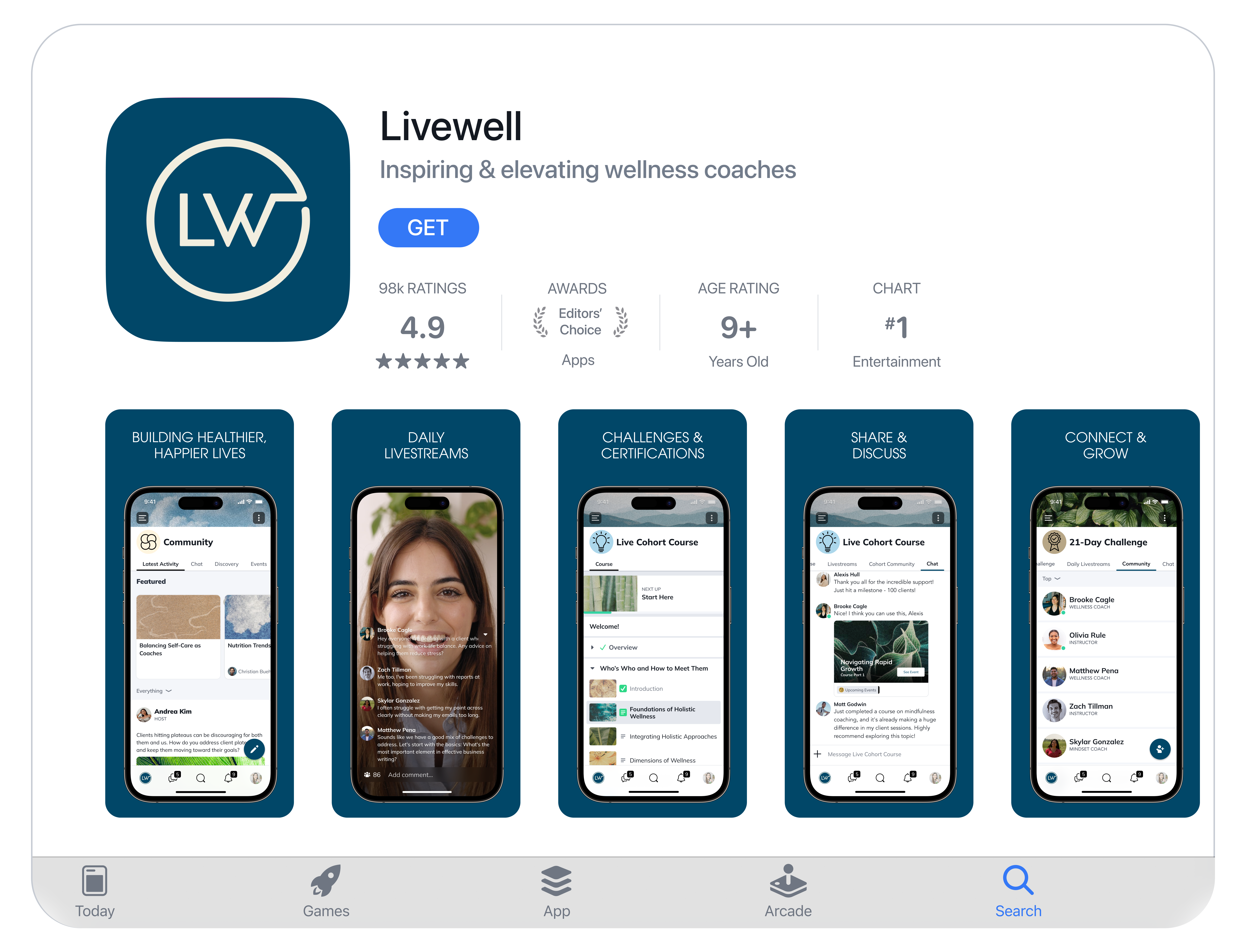
Product Reviews
Like local reviews, when you read product reviews before buying something on Amazon or another ecommerce business.
Forums
If you spend any time at all in social forums like reddit or Quora, you’ll know there are armies of people who hang out in those places, making the content that keeps the platforms running. Reddit is projected to have 53 million users by 2025.

Tips to unlock UGC
1. Create great content
First and foremost, UGC is most likely to come from great content. There are tons of tools out there to help you create a LOT of content. Technically, you could just endlessly produce AI text and share it.
But great content stands out and starts conversations. When content is real, it prompts readers to step up and comment, and create.
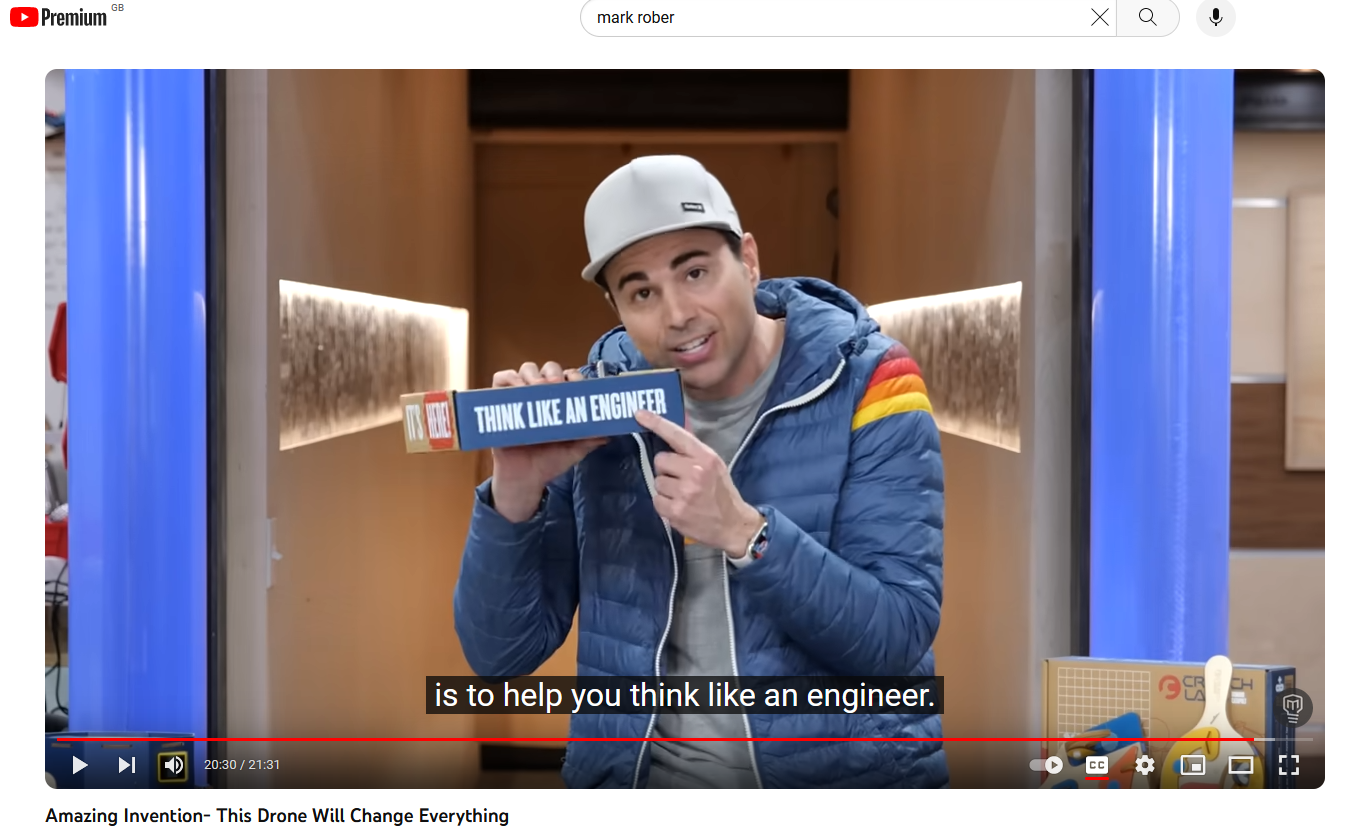
2. Create niche spaces
Think about who controls algorithms. Hootsuite reports that the average engagement rate for a Facebook Page post is 0.07%. What kind of UGC can thrive in a social media environment where it doesn’t get seen? Who wants to create content nobody sees?

The answer is to create non-algorithmic spaces for people to create and share. Email. Online communities. Chat rooms. Apps. You need to create spaces that aren’t algorithm-driven to really unlock UGC.
3. Memorable social media campaigns
While algorithms are fickle, UGC is still possible with social media campaigns. Choose your platform, and create content that’s engageable. You can also find creative prompts to get people talking. Adding in a competition or prize for contribution can also boost engagement!
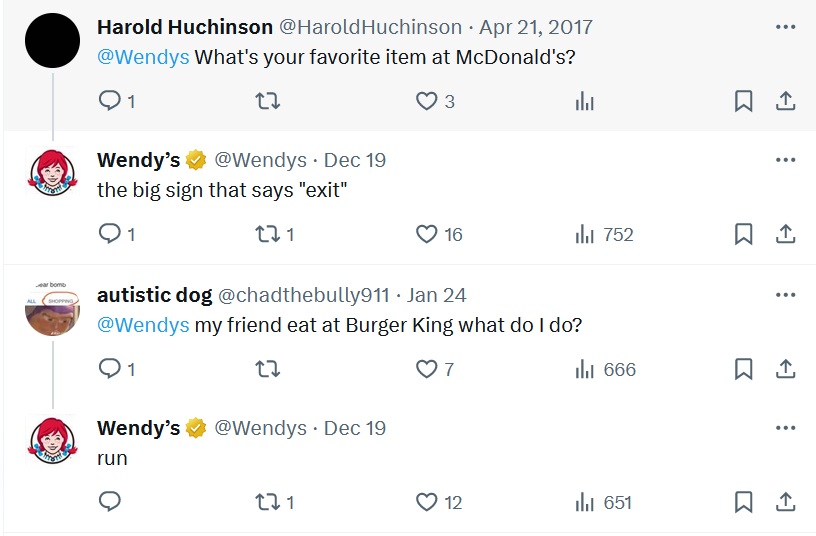
4. Reviews
One of the most important kinds of UGC for a brand is reviews, testimonials, and other positive feedback (negative feedback is valuable too, but in a different way.) Getting UGC for review sites if you have a product, or local reviews if you’re on Google is necessary–more of us rely on reviews when making purchasing decisions. And if you use testimonials on your website, UGC can be really valuable here too.
When it comes to getting UGC feedback, don’t forget to ask. A simple prompt encouraging people to leave reviews or ratings can make a big difference in activity.
5. Gamify contribution
If you want and need UGC, gamifying the whole process can make a difference. For example, Apple’s brand support community is heavily user-driven, with lots of volunteers who come to answer questions. They’ve gamified the process with achievement levels and a private community for the top contributors. Adding in gamification or rewards can incentivize creating content.
Conclusion
At the end of the day, user-generated content is powerful. A lot of the world’s biggest brands have used UGC to catapult to multi-billion-dollar valuations. But whether it’s billions of people creating content or a dedicated community sharing what moves them, UGC taps into human creativity in a way that’s amazing.
Ready to start building your community?
Start a free 14-day trial to explore Mighty—no credit card required.
More like this
Join Mighty Community
Learn the principles of Community Design™ (and see them in action) alongside thousands of creators and entrepreneurs. It's free to join!

Online Courses
Creating a Course
Teaching a Course
Course Platforms
Selling a Course
Communities & Memberships
Community Platforms
Managing a Community
Building a Community
Growing a Community
Monetizing a Community
Content Creation
Creators & Entrepreneurs
Monetization
Content Creation
Starting a Business
Website Builders
Creating & Managing a Website
Events
Event Platforms
Hosting & Marketing Events
Branded Apps
Creating a Mobile App
Coaching Apps
Community Apps
Coaching
Mastermind Groups
Starting a Coaching Business
Coaching Platforms
Filter by Category
Online Courses
Communities & Memberships
Creators & Entrepreneurs
Events
Branded Apps
Coaching
Start your free trial
14 Days. No Credit Card Required.












